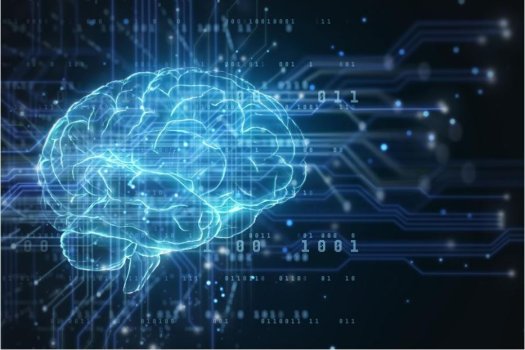There has been quite a bit of hype over the last several years about how artificial intelligence (AI) would transform health care. Translating the predictive power of AI algorithms into research methods and clinical practice, however, has proved challenging, which inevitably leads to disillusionment. But rather than getting frustrated with AI and machine learning, I would argue that strategic and ethical deployment of artificial intelligence will, by necessity, be central to the success of precision health research over the next decade.
Several factors are coming together to make AI more critical to progress. One is that the sheer volume of data being generated by electronic health records, medical device data, genomics, biospecimens, imaging and digital health apps has expanded far beyond human capabilities to analyze it. Because the amount of data and the number of data sources has exploded, it’s becoming very difficult to derive further value based on standard methods of analysis.
Deployed properly, artificial intelligence can act as an intelligence layer sitting atop these massive and complex data sets, helping researchers identify patterns and correlations in order to draw useful insights that can improve health care treatment and operational efficiencies. For example, health systems are starting to use AI tools to assess all admitted patients for risk of readmission and generate recommendations for interventions intended to decrease readmission risk.
Second, there is an urgent and growing need to control the rising cost of care and to provide care that is more precise. There is a recognition that a one-size-fits-all health care model needs to change — both to offer more personalized care and to reduce the cost.
Continue reading: https://www.forbes.com/sites/forbestechcouncil/2021/09/10/how-ai-will-drive-the-precision-health-research-revolution-through-2030/?sh=17a2b6292413
Several factors are coming together to make AI more critical to progress. One is that the sheer volume of data being generated by electronic health records, medical device data, genomics, biospecimens, imaging and digital health apps has expanded far beyond human capabilities to analyze it. Because the amount of data and the number of data sources has exploded, it’s becoming very difficult to derive further value based on standard methods of analysis.
Deployed properly, artificial intelligence can act as an intelligence layer sitting atop these massive and complex data sets, helping researchers identify patterns and correlations in order to draw useful insights that can improve health care treatment and operational efficiencies. For example, health systems are starting to use AI tools to assess all admitted patients for risk of readmission and generate recommendations for interventions intended to decrease readmission risk.
Second, there is an urgent and growing need to control the rising cost of care and to provide care that is more precise. There is a recognition that a one-size-fits-all health care model needs to change — both to offer more personalized care and to reduce the cost.
Continue reading: https://www.forbes.com/sites/forbestechcouncil/2021/09/10/how-ai-will-drive-the-precision-health-research-revolution-through-2030/?sh=17a2b6292413

